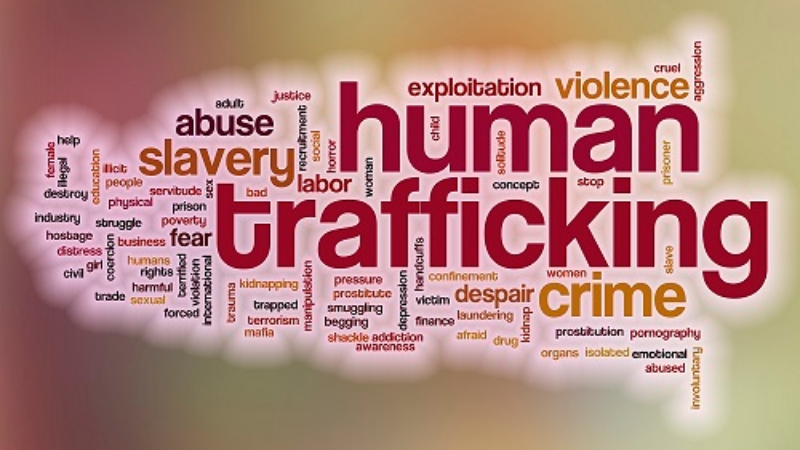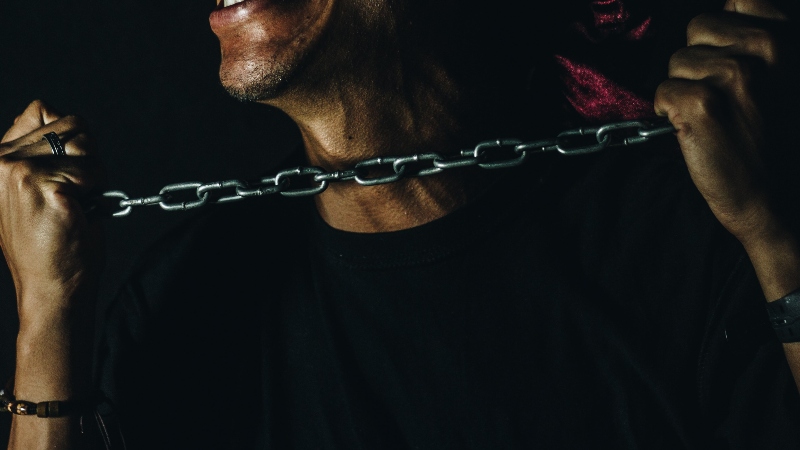Trafficking in human beings (THB) is a serious and dramatic phenomenon. Although a solid legal and policy framework has been established, THB is assuming worrying dimensions to the point of being considered as the “slavery of our times”.
Human trafficking is one of the most profitable crimes today. It involves the movement of victims through force, coercion and abuse for the purpose of exploitation through forced prostitution, forced or bonded labour, forced criminality, domestic servitude, forced organ removal or the exploitation of children through the sex trade, begging or warfare.
The nature and necessities of human trafficking - the requirement for continuous movement, temporary accommodation, supply of low cost products and services and the privacy offered to guests - means that the hotel industry is exposed and vulnerable to being used as a vehicle by traffickers.
The COMBAT training toolkit is designed to help hotels proactively fight human trafficking by helping them to identify potential signals of trafficking throughout the ‘victim’s journey’ and erect barriers to combat trafficking. Hospitality and tourism educators can also use the material within the toolkit within their programmes to educate future industry managers.
The COMBAT toolkit comprises:
- three reference guides for corporate, managerial and operational level staff which provide the background to human trafficking and offer practical advice on the development of policies and procedures to counteract and disrupt trafficking and support trafficking victims. These reference guides offer trainers a ‘pick and mix’ approach so that they can tailor the contents to meet the needs of their training audience.
- case studies of human trafficking presented from the victim’s perspective
- accompanying Powerpoint slides for 30-minute training sessions
- 10-minute training materials
- an aide-memoire pocket card
- awareness posters
- train-the-trainer manual.
The COMBAT toolkit is a key output from a 2-year research project funded with the support of the European Commission. The research was conducted by a multi-disciplinary team of researchers from Oxford Brookes University, and the University of West London in the UK, the Lapland University of Applied Sciences in Finland, and the Ratiu Foundation for Democracy in Romania.
Reference guide slides
Trainer manuals
Aide memoires







